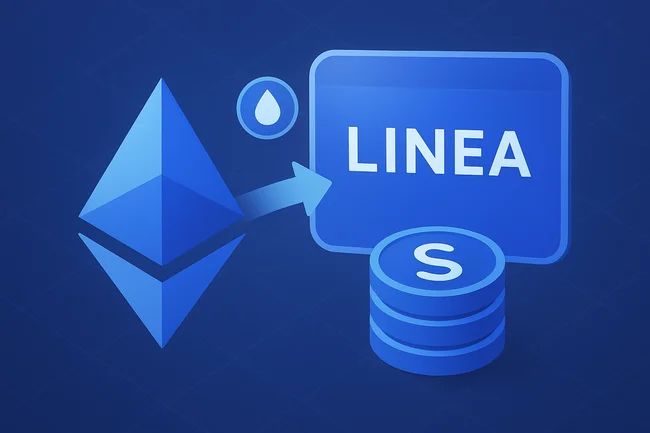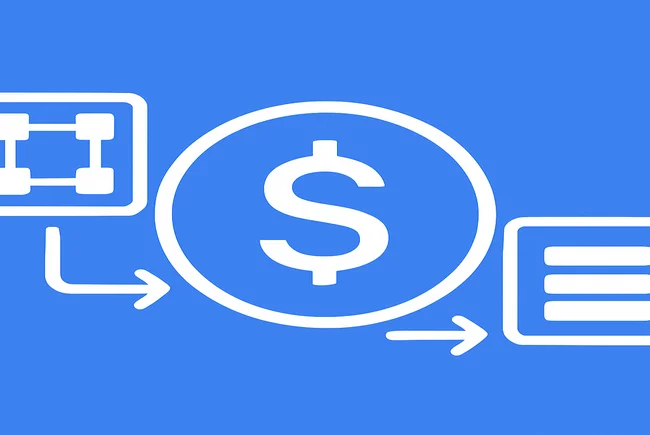Proposal governance refers to the processes by which stakeholders in a blockchain network make decisions about proposed changes or improvements. This can include system upgrades, protocol changes, or funding for projects. Stakeholders typically include token holders, developers, and community members. They may participate in discussions and vote on proposals, influencing the direction of the network. The governance structure can vary, with some systems relying on simple majority votes, while others may require supermajority or involve more nuanced mechanisms like delegation or reputation-based systems.Transparency is a key aspect of proposal governance, as ensuring all stakeholders have access to relevant information helps prevent manipulation. Clear guidelines for proposal submission and evaluation are essential for maintaining community trust and engagement.Effective proposal governance can lead to innovation, adaptability, and improved security. Conversely, poor governance can result in delays, conflicts, or stagnation, potentially threatening the viability of the network. Ultimately, the way a community handles proposals can significantly shape its development and long-term success.
Aave Labs Acquires Stable Finance to Expand Consumer DeFi Products
Aave Labs has acquired Stable Finance, a San Francisco-based fintech company focused on stablecoin savings, in a move to strengthen



